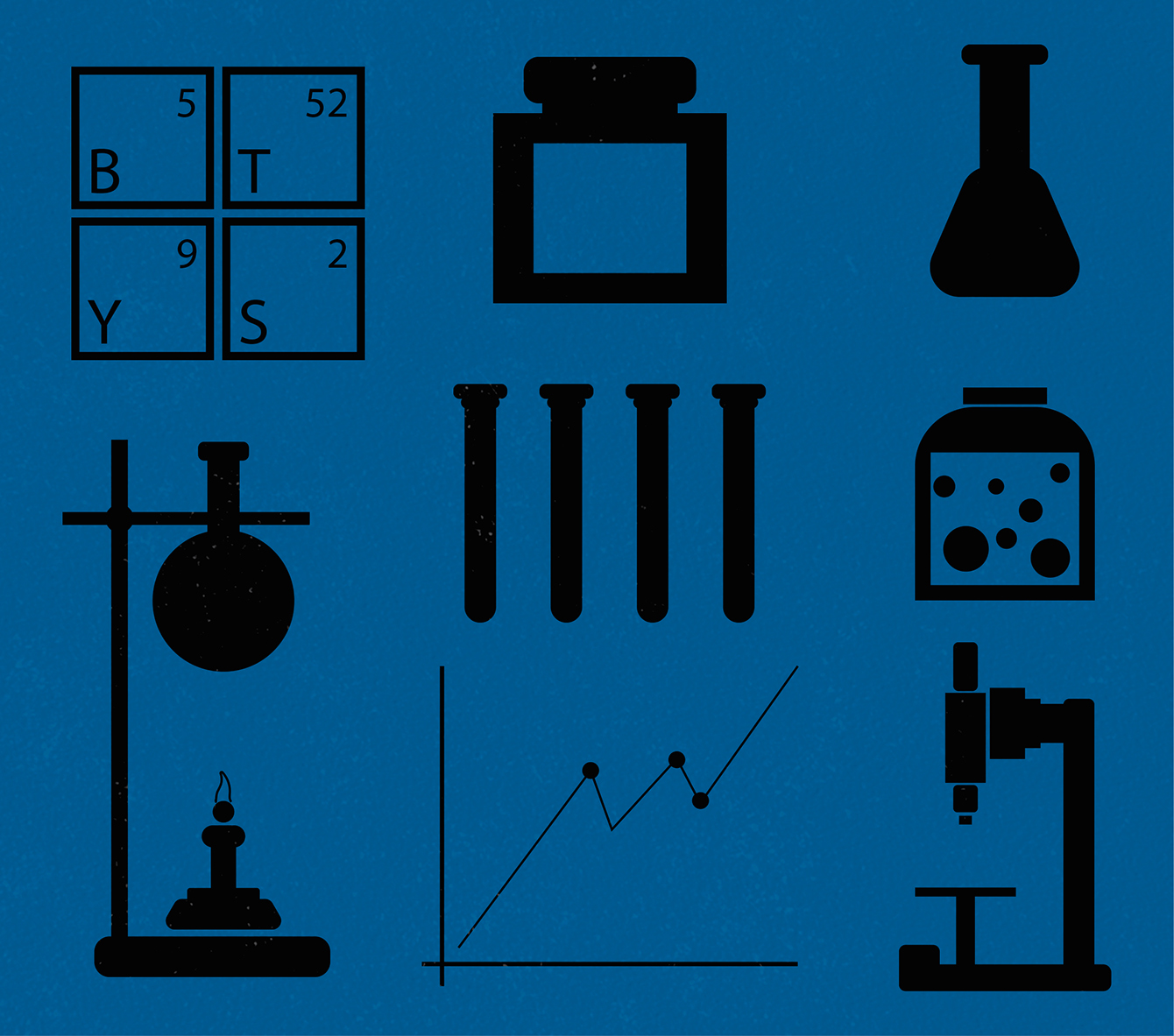Over a four week period, DU General Science Society ran a series of workshops to prepare six teams to debate scientific affairs and research assigned topics. Throughout the month, SciSoc hosted forums where both members of the Phil and PhDs taught the participants skills of debating. From Tuesday to today, Thursday, SciSoc are hosting open debates in biology, chemistry and physics.
The theme of Wednesday night was chemisty and the motion was “Can we sustainably rely on nuclear energy?” Dan Giffney, Obi Ekoba and Aneta Gaxha were on the proposition whilst Peter Cox, Kushel Dodda Kila and Daire Brady were on the opposition. Prof. Robert Baker and Prof. Silvia Draper were the judges. Prof. Baker has expertise in nuclear chemistry and Prof. Draper is Head of the School of Chemistry .
The proposition began the night with the idea that nuclear energy is the most “practical and efficient way” of creating energy in a world with rapidly depleting fossil fuels. Ekoba continued by saying that with an advance in nuclear technologies, nuclear could create “proper space exploration”. Today’s models “do not have enough fuel or oxygen” for long distance travel however Ekoba believes that nuclear energy holds the key.
Ekoba continued by dismissing the potential dangers of nuclear energy by saying that “harm can be created with anything in humanity”. He also said that “nuclear energy does not mean nuclear power […] South Africa and Germany have nuclear plants but no nuclear weapons”.
Daire Brady held first speaker position for the opposition. He began by saying that nuclear energy has “underlying and undeniable flaws […] with hidden ominous undertones”. He created the image of “a world with a six-fold increase in nuclear power”. Brady noted the power plant Flamanville in France where construction had to be delayed due to “serious construction flaws”. Brady continued by drawing attention to the Italian mafia during the 80s where due to “stringent waste laws”, the mafia buried nuclear waste on beaches in Somalia in exchange for weaponry.
Brady said that issues with nuclear energy “permeate down to the very subatomic level […] We have to wait years for nature to patch over”. Brady continued by saying that “names like Chernobyl and Fukushima […] have left lasting scars on humanity” and that “the consequences can be devastating”.
Kila for the opposition discussed issues with nuclear waste by noting the concept of sending the waste into space. Kila however said that this could create a “nuclear winter”. The alternative? Burying the waste “hundreds of meters into the ground”. Kila continued by saying that “we don’t need to rely on nuclear energy when we have several alternatives at our disposal”.
Kila discussed off-shore wind turbines which have other benefits such as decreasing “adverse weather condition and can stop hurricanes”. Kila continued with solar energy and mentioned the Sahara desert which can generate “enough energy with very little effect on the environment”. Kila said that these technologies “can stimulate the economy […] evolking new industries”. Kila also noted that these are not “outlandish ideas” and drew a parallel to Iceland who is a global pioneer in geothermal energy.
Cox for the opposition and Giffney for the proposition continued the debate. Giffney mentioned Trinity’s Ernest Walton and said that “Walton discovered nuclear fission in 1932 but we have yet to take up his mantle”. He also continued by saying that by relying on renewables, countries can be “crippled by cutting out power supply”.
Cox discussed ideas such as the “danger of waste leaking into water supplies” and the “effects on the ecology”. He continued by looking at the issues with uranium mining where “real issues occur in the earlier stages […] it is an occupational hazard for the miners”. Cox also noted that “even if you build one that is safe now, will it be safe in 30 or 40 years?”
When the debate had finished, the judges held a brief discussion on the topic. Prof. Baker noted that the reason why France is so pro-nuclear is that they lost their coal deposits during World War Two and thus had to find a way to generate energy. He continued by discussing the EU plan for waste management. Generation 4 nuclear plants burn the nuclear waste which leaves waste that has much shorter half lives and thus less damaging.
As for the winning team, the judges had a split decision. The proposition won for scientific reasoning and Peter Cox of the opposition won speaker of the night. The debate was thoroughly enjoyable and highly enlightening. The notion of impending nuclear power is a stark inevitability in a globe of vastly depleting energy supplies. Climate change is no longer a scientific debate but a firm reality and the debate of nuclear energy is one we will certainly be tuned into sooner rather than later.







